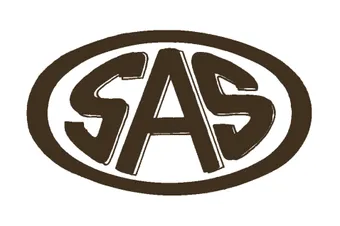Taking care of your VAT is a key requirement for many business owners or managers. It can be a time-consuming process, with plenty of potential for costly things to go wrong. Failure to submit returns on time can lead to interest being accrued and penalties being applied.
The VAT Flat Rate Scheme can be a way to simplify the process, reducing the time spent on VAT, minimising the risk of error, and potentially reducing liability.
What is the VAT Flat Rate Scheme?
The VAT Flat Rate Scheme (FRS) for small businesses was introduced in the 2002 budget. The aim of the scheme is to simplify VAT returns, reducing some of the administrative burdens for smaller businesses.
Instead of having to account for input and output VAT, businesses make a Flat Rate Scheme VAT return and pay a set rate of VAT as a percentage of their turnover. The rate this is levied at will vary depending on the industry sector in which the business operates. The scheme simplifies the record-keeping and VAT return process.
The impact of the FRS on a business’s overall tax liability depends on its specific circumstances. At Sandwell Accountancy Services Ltd, we can advise about the suitability of the VAT Flat Rate Scheme for your business and whether it would be advantageous.
How does the Flat Rate Scheme differ from standard VAT accounting?
In standard VAT accounting, businesses have to track and report VAT on each transaction. Businesses charge VAT on sales, known as an output tax, and reclaim VAT on purchases, known as input tax. Getting this right requires detailed record-keeping. There is also a need to differentiate between VATable and non-VATable items.
In contrast, under the Flat Rate Scheme, businesses charge a standard VAT rate on their sales but pay a lower, predetermined percentage of their turnover to HMRC. Businesses under the FRS cannot reclaim VAT on most purchases, eliminating the need to track input tax. However, businesses can reclaim VAT on purchases for some capital assets that cost over £2,000.
Businesses operating under the VAT Flat Rate Scheme can submit a simplified, VAT Flat Rate Self-Assessment return that reflects how VAT is calculated under the scheme.
